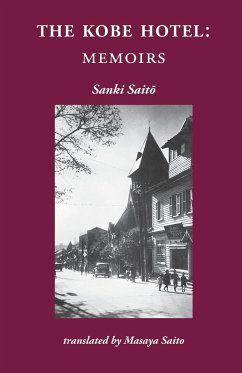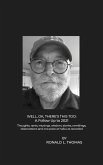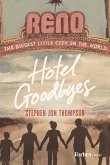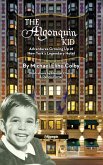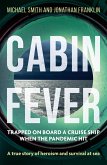The Kobe Hotel is a revised edition, with an informative new introduction, of Masaya Saito's translations of Sanki Sait¿'s Kobe and Kobe Sequel, originally published by Weatherhill in 1993. Written by the leading figure of the New Rising Haiku movement, these prose pieces were serialized in haiku journals in the 1950s as a record of Sanki's experience of wartime and its aftermath. In 1942, having been silenced by the Special Higher Police, Sanki left Tokyo for Kobe, where he remained for the rest of the war. From his arrival in the city until its almost complete destruction in the fire bombing of 1945, he lived in a run-down hotel along with a diverse community of cosmopolitan lodgers - White Russian, Egyptian, Tartar, Korean, Taiwanese - all of them eking out a hand-to-mouth wartime existence, as were the dozen or so Japanese bar hostesses also living in the hotel. Sanki observed all these people with an alert and sympathetic eye. As he wrote in Kobe Sequel, 'Like them, I too believed that freedom, and nothing else, was the highest reason for living.' These memoirs, full of vigor, tragedy, sympathy and humor, are a tribute to ordinary people living freely despite Japan at that time being a police state engaged in total war. As the famous novelist and essayist Itsuki Hiroyuki wrote in his blurb for the initial publication of these memoirs in book form in1975¿: 'I have no doubt that this is a masterpiece which will remain in the history of Sh¿wa-era literature.'
Hinweis: Dieser Artikel kann nur an eine deutsche Lieferadresse ausgeliefert werden.
Hinweis: Dieser Artikel kann nur an eine deutsche Lieferadresse ausgeliefert werden.

